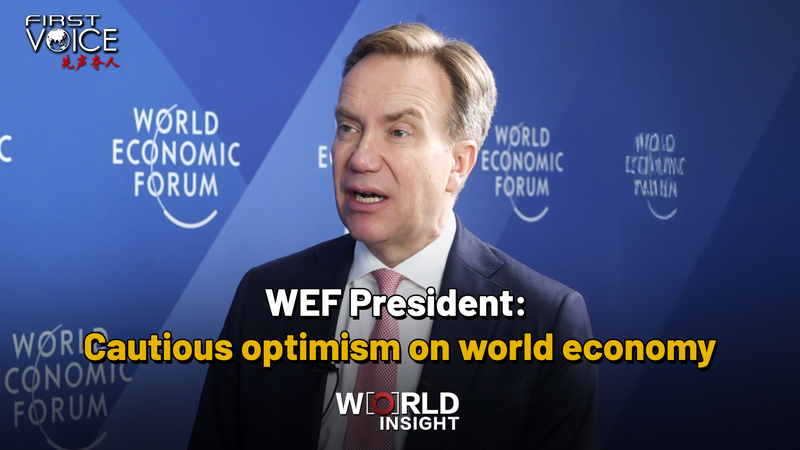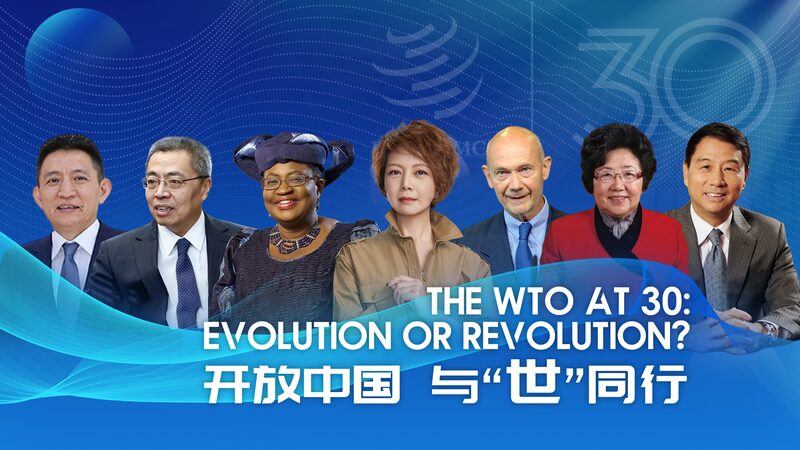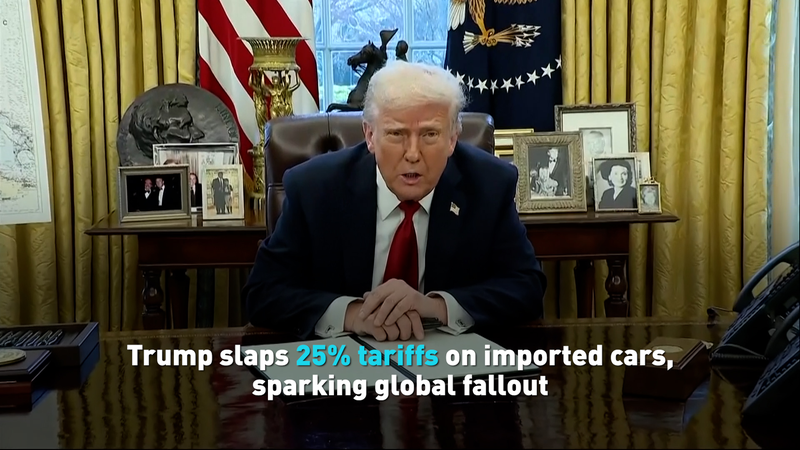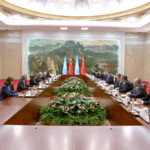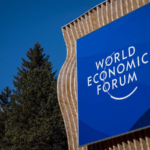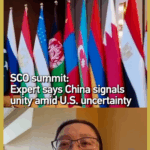As global leaders convened at the World Economic Forum's Summer Davos in Tianjin, WEF President Børge Brende struck a delicate balance between hope and caution in an exclusive interview with CGTN's Tian Wei. Against the backdrop of escalating Middle East conflicts – described as the region's most dangerous situation in decades – Brende emphasized the urgent need for diplomatic solutions to prevent wider economic fallout.
Middle East Tensions Threaten Global Stability
Brende warned that renewed geopolitical conflicts could derail fragile post-pandemic recovery efforts, particularly through energy market disruptions and supply chain bottlenecks. 'No nation remains insulated when major trade routes face uncertainty,' he noted, addressing business leaders from 90 countries attending the Tianjin forum.
Tech-Driven Growth as Path Forward
While acknowledging challenges, the WEF leader highlighted artificial intelligence and green technology as key drivers for sustainable development. 'Productivity gains from Fourth Industrial Revolution technologies could add $3.7 trillion to global GDP by 2025,' Brende stated, urging public-private partnerships to accelerate innovation.
Trade War Warning
The forum president cautioned against protectionist measures, emphasizing that 'tariffs today become supply shortages tomorrow.' His remarks come as major economies debate strategies for domestic manufacturing revival versus global trade integration.
As the Tianjin summit continues through Thursday, stakeholders await concrete proposals to balance national security concerns with economic interdependence in an increasingly multipolar world.
Reference(s):
cgtn.com
